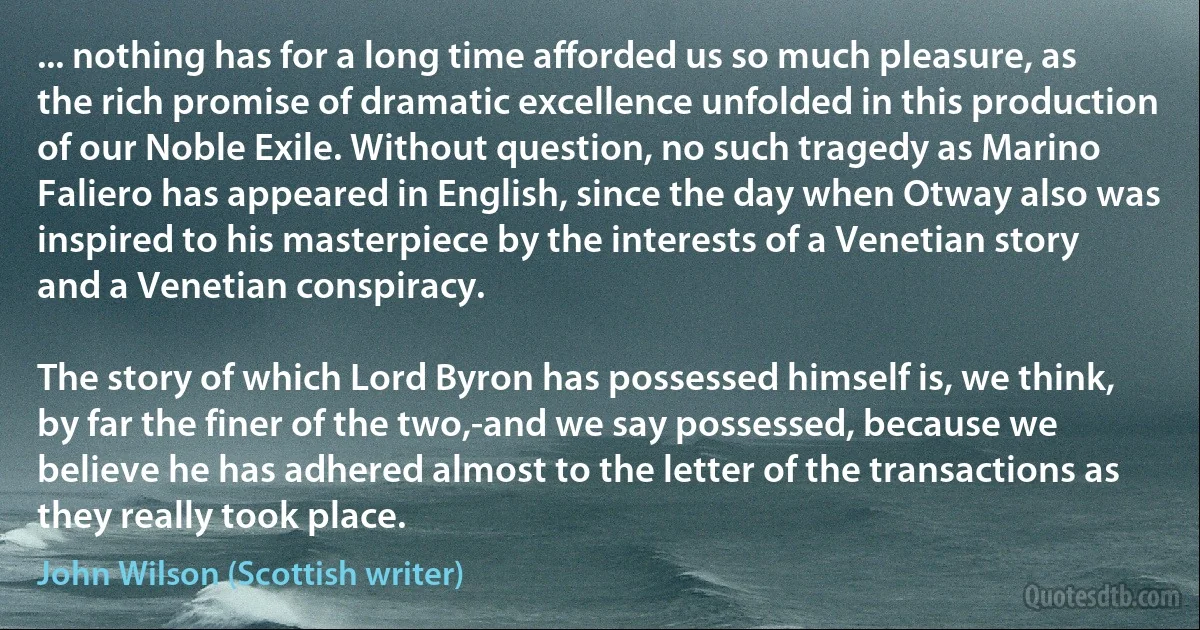Letter Quotes - page 28
After visiting the school, we attended mass at Sacred Heart Catholic Church with Father Eddie.
In the pews, families and friends held each other tightly. As Archbishop Gustavo spoke, he asked the children in attendance to come up on the altar and sit on the altar with him as he spoke.
There wasn't enough room, so a mom and her young son sat next to Jill and me in the first pew. And as we left the church, a grandmother who had just lost her granddaughter passed me a handwritten letter.
It read, quote, "Erase the invisible line that is dividing our nation. Come up with a solution and fix what's broken and make the changes that are necessary to prevent this from happening again.” End of quote.
My fellow Americans, enough. Enough. It's time for each of us to do our part. It's time to act.
For the children we've lost, for the children we can save, for the nation we love, let's hear the call and the cry. Let's meet the moment. Let us finally do something.

Joe Biden
That's right. We didn't want the Giants to have Clemente and a fellow like Willie Mays in the same outfield. It was a cheap deal for us. The Giants wanted him badly but didn't want to make him a bonus boy and have him sit on the bench. But we didn't care as long as we nailed him. We put him on the Montreal roster, exposing him to the unrestricted draft, figuring we could get back our original investment. We have a letter from the commissioner's office to the effect that we could get back our investment if he were drafted, but we then we later learned that all we could collect was $4,000. So, all right. It cost us $6,000, actually; but the Giants didn't get him, which was the important thing.

Roberto Clemente
Roberto Clemente was such an awesome hitter. I never knew how to pitch him. You could throw the ball a foot inside and he'd hit a line drive down the left field line. Throw it a foot outside and he'd hit a home run over the right field fence. Dick Selma was pitching in Forbes Field one time and it was a tight spot late in the game. Roberto was up with a chance to beat us, and Westrum came out to the mound. He knew that if you threw the ball inside or outside, Roberto could still hurt you. So he said, "Throw one right down the middle of the plate, letter high. He won't be looking for it there.” Sure enough, Roberto hit it 400 feet, but he hit to dead center field for an out.

Roberto Clemente
Since every root sound has a distinct meaning, its signature is found in all the words derived from it. It is theoretically possible to explain the meaning of the words according to the algebraic combination of letters, syllables and roots. This transparency of rootsounds and semantics follows a natural process and gives Sanskrit the ability to discover its own history. Consequently, Sanskrit is an ever-creative language in which each word is the parent and creator of ideas. A letter is called 'akshara', which literally means imperishable or eternal. Akshara is the eternal sound, and it does not perish but reveals the whole secret of speech. Another term for letter is 'varna', which means hue or colour. Thus, every letter is heard as a sound and has a visual hue as it manifests. The rishis are said to have seen, and not just heard, the Vedas. The term for alphabet, 'varnamala', literally means 'garland of colours' or qualities or hues which the artist uses to paint reality.

Rajiv Malhotra
Iran so far has followed the letter of the agreement, but the spirit of the agreement involves Iran also sending signals to the world community and businesses that it is not going to be engaging in a range of provocative actions that might scare business off. When they launch ballistic missiles with slogans calling for the destruction of Israel, that makes businesses nervous.

Barack Obama
Some say that the body (σῶμα) is the "tomb" (σῆμα) of the soul, their notion being that the soul is buried in the present life; and again, because by its means the soul gives any signs which it gives, it is for this reason also properly called "sign" (σῆμα). But I think it most likely that the Orphic poets gave this name, with the idea that the soul is undergoing punishment for something; they think it has the body as an enclosure to keep it safe, like a prison, and this is, as the name itself denotes, the "safe" (σῶμα) for the soul, until the penalty is paid, and not even a letter needs to be changed.

Plato
My dear Mr. Morse: It was very pleasant to me to get a letter from you the other day. Perhaps I should have found it pleasanter if I had been able to decipher it. I don't think that I mastered anything beyond the date (which I knew) and the signature (which I guessed at). There's a singular and a perpetual charm in a letter of yours; it never grows old, it never loses its novelty. One can say to one's self every morning: "There's that letter of Morse's. I haven't read it yet. I think I'll take another shy at it to-day, and maybe I shall be able in the course of a few years to make out what he means by those t's that look like w's and those i's that haven't any eyebrows." Other letters are read and thrown away and forgotten, but yours are kept forever-unread. One of them will last a reasonable man a lifetime.

Thomas Bailey Aldrich
Assuming this is done promptly, I have given my representatives in New York instructions that will permit them to work out this weekend - in cooperation with the Acting Secretary General and your representative - an arrangement for a permanent solution to the Cuban problem along the lines suggested in your letter of October 26th. As I read your letter, the key elements of your proposals - which seem generally acceptable as I understand them - are as follows:.

John F. Kennedy


